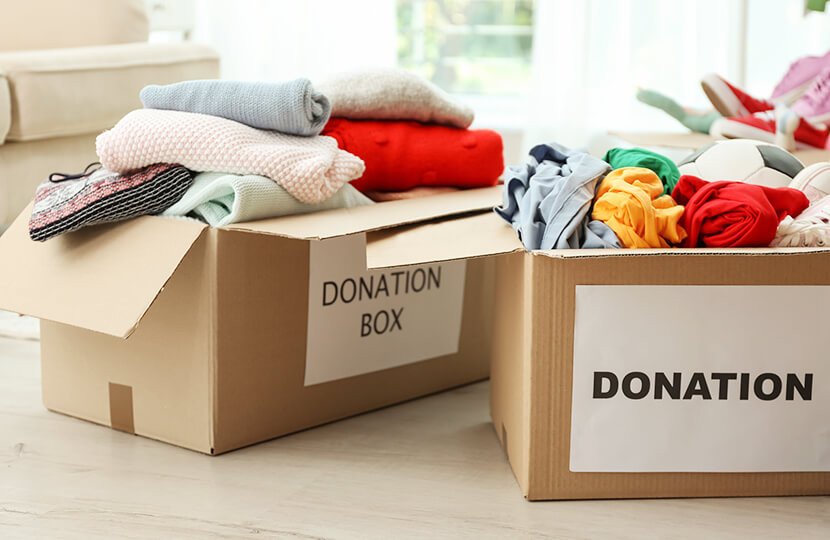The challenges with donating
In many parts of the country, it has become difficult to make donations. This frustrates our clients to no end, and I feel for them. But I also understand the issues all too well.
There are simply too many things to donate and not enough space to house it all. This has been happening for years but, in some areas, was accelerated by the pandemic when families leaving urban areas parted with many items quickly. We’re still feeling those effects. The charitable organizations we work with have been forced to become much more discerning over the years, only taking things that can be sold in their shops relatively quickly.
Space is another factor causing organizations to become more particular with what they take. If they accept donations for items that won’t sell quickly, then they will fill their shops with things that will sit around and collect dust for long periods of time. They are paying rent for their space, and they need to maximize their sales, so these items are costing them money.
Many places don’t have the resources to pick things up from donors. I they do, they are likely only going to spend the time and money on hiring a crew, arranging a pickup, etc. for items that they deem valuable. For more basic donations, it is unlikely you will be able to arrange a pickup. Or if you can, it may be tricky to schedule and involve very long arrival windows. You may be better off delivering the items yourself. This may require hiring a small mover, or loading your car and making multiple trips.
If you find a donation center willing to pick your things up, they almost certainly will not be able to pack for you. So you will need to do this before the pick-up date. Clothes need to be bagged into large recycling or garbage bags, kitchenware needs to be boxed up with enough protection to have the items safely delivered to the donation center. Books should be boxed up in small boxes because larger boxes become too heavy to lift safely. A typical book/small box size is 12” x 12” x 12”.
There are a couple of good reasons to make donations. Most importantly, when you donate your things, you get the satisfaction of knowing that your belongings will not be discarded but, rather, will go to a good home and be useful to someone.
Of lesser importance, but worth considering is the potential tax-saving benefits of making donations. Each situation is different, so I can’t give accounting advice, but you might call your accountant or do a little research to see if you can realize tax savings by making donations. If your donation is of a high value item, you may need to have it appraised first as the IRS may require paperwork attesting to the value.
I would not let the inconvenience of donating deter you from doing it. Knowing your items are having a second life, free from the landfill, is worth some effort. Unfortunately, be prepared that it may be a bit more complicated than a simple phone call.


